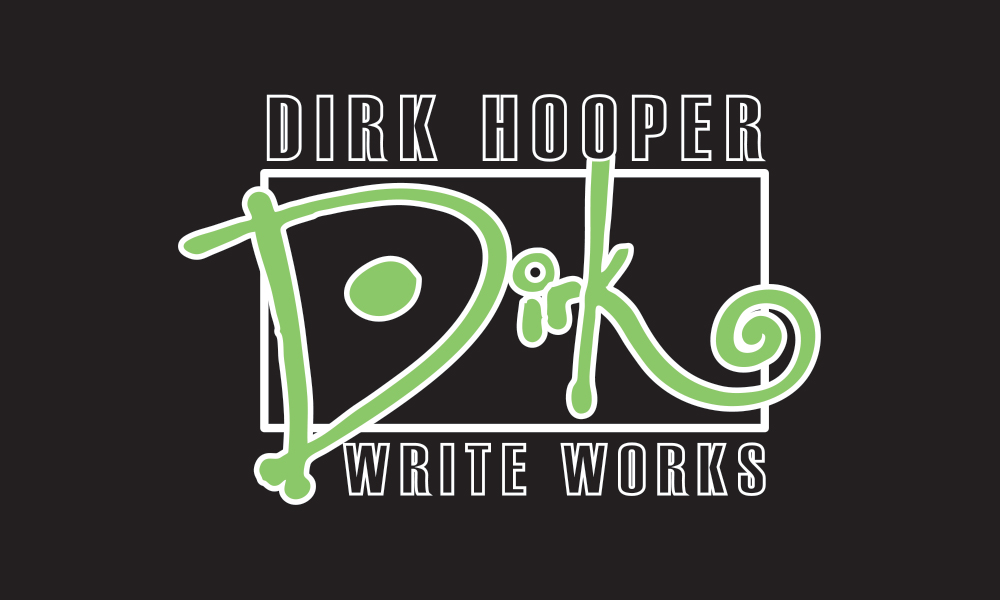Imagine a world where augmented reality has become a requirement in society. Where you walk along a street and see everyone’s name and a readout of who they are and what they do. A world where there are no street signs or advertisements, because they are projected automatically in your eyes.
And imagine that all crime is solved because everyone, everywhere, is recording everything they do.
This is the world of Anon, a 2018 science fiction thriller produced and streamed by Netflix.
The writer, director, and producer of Anon is Andrew Niccol, who wrote and directed Gattaca, In Time, and the upcoming Will Smith starrer Gemini Man.
If you’ve seen some of Niccol’s other movies you’re going to be familiar with his style. There’s a spartan look throughout the production design. It’s clear that he’s asked his actors to “under-act.” And Anon is similarly-paced.
He chooses a lot of point-of-view shots, and tight face framing to tell this story, which is a reflection of how much of this takes place inside people’s heads. The cinematography includes a greyish palette and is still decidedly attractive.
Anon is not a blockbuster with a bunch of set pieces, and it’s not an action film. It’s much more like a 1950s noir movie, which makes the square-jawed gumshoe look of Clive Owen inspired casting.
Despite the fact that Owen’s character Sal Frieland experiences things that would drive some people insane, or others to suicide, he mostly emotes with a straight-faced delivery.
Again, this is not due to the actor, but rather the style of Niccol. The Verge asked him about why his characters are mostly unemotional and he replied,
Well, Clive Owen’s character, Sal, is literally a man who has seen too much. If you imagine a job where you’re mostly looking at the last moments of people’s lives… he’s obviously disenchanted with his work, but he’s also used to proving right and wrong. And when he starts to be hacked, and he can’t trust his augmented reality, he gets to the point where he can’t prove anything, which I think would be traumatizing for anyone. So I found that aspect interesting. And yes, I guess I deal with a lot of traumatized characters, for one reason or another. Maybe I’m traumatized myself!
Gattaca director Andrew Niccol discusses his new Netflix film Anon
Amanda Seyfried’s character, The Girl, is much the same, although she represents a person who is both disrupting the system and fighting to hide her memories from the state. Given that she’s supposed to either be an antagonist or, at times, a sympathetic character, I think the decision to dial her emotions down too was misguided.
Niccol spends so much time addressing the world he’s created that he forgets to give us one character that we can really latch on to and really feel strongly about.
And that’s a shame, because there are some timely aspects to this film, and some high-minded concepts that would be even more effective if his plot and characters had more punch.
The real star of Anon is that augmented reality, the way it’s presented graphically, and the implications of a world that is both in our near future, and in many ways, here with us right now.
Niccol talks about how he sees simularities between his futuristic movie and where we are now,
“I don’t think of the movie as futuristic. I think of it as a parallel present, as I call it. We’ve all seen it, where people are walking around staring at their devices. All I’ve done is improved the technology and make it less ugly and awkward by just putting it in your head. It’s just a very small step from being that. That’s the here and now, really. We are all life-blogging. That’s nothing new. People have been trying it since the ‘80s. Cops now wear body cams and they also tamper with those devices, like how the Girl was editing memories. If you go to any concert, you can see a sea of phones, recording. We are already doing it. Most people on social media are documenting and retouching their lives.”
‘Anon’: Andrew Niccol on His New Netflix Thriller and Losing the War for Privacy
So yes, there are some very interesting concepts in Anon. The user interface of his augmented reality, and the implications of this tech are explored in a robust manner.
But, is it a good movie?
Anon reminded me of the smaller high-concept/low-budget science fiction films of the 70s and 80s. It’s exactly the sort of film that had mostly fallen by the wayside before recent films like Moon and Ex Machina brought them back, and upstarts like Netflix started producing films. Science fiction has a built-in fanbase and if you have a good concept you can get a lot of eyeballs on your property. Occasionally, you can score a hit with a small budget.
This is all a good thing, by the way. I’ll gladly take all the smart science fiction films you can produce. And Anon qualifies as smart.
I think if you’re intrigued by the world that Niccol has created, you like exploring privacy, and new tech, and an invasive government, and you don’t mind a methodical pace, then you should give Anon a look.
It’s one of those movies that could end up inspiring a lot of real-world tech in the near future, and might also serve as a warning about giving away too much of your privacy to the government.
On the other hand, Niccol hamstrings his concepts by recoiling from authentic emotional characters and allowing them to fully feel the weight of what’s happening, and that’s dissapointing. It could have been so much more powerful.
As it is, Anon is mostly for hardcore science fiction fans who enjoy ideas over drama.
